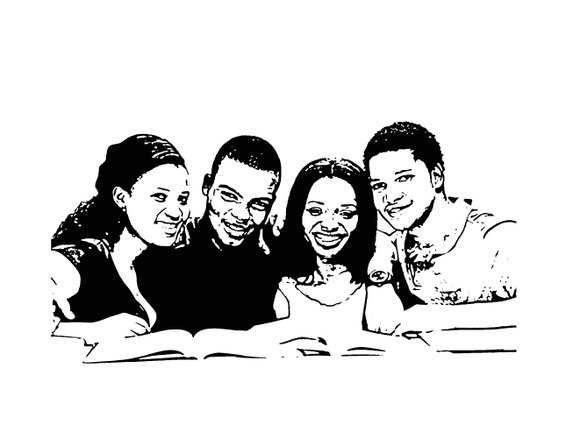Study: Teachers quicker to label black students as ‘troublemakers’
Free Press staff report | , Free Press wire reports | 5/5/2015, 11:11 a.m.
A new study suggests that racial stereotyping by teachers could be a root cause for harsher discipline imposed on black students.
Two Stanford University psychologists, Dr. Jennifer L. Eberhardt and doctoral candidate Jason Okonofua, conducted the study to determine if hidden bias could explain government data showing that misbehaving black students are three times more likely to be suspended or expelled from public schools than their misbehaving white peers.
The psychologists’ research found that teachers are quicker to label black students as troublemakers and to consider more severe penalties for them, compared with white students who misbehave.
The study is considered one of the first to focus on teacher attitudes. The findings were published April 8 in the online version of Psychological Science under the headline, “Two Strikes: Race and the Disciplining of Young Students.”
Mr. Okonofua suggested the findings have implications for school and for other places where people can have repeated interactions, such as in the workplace or in the courts.
He indicated that teachers need to be made aware of the potential for racial stereotypes to impact disciplinary decisions and to gain training in methods that can help improve student behavior.
The researchers tested attitudes toward discipline by letting elementary and secondary schoolteachers read records for students with at least two instances of misbehavior.
To focus on attitudes, the researchers eliminated the names of the actual students and randomly assigned other names to those records before handing them to the teachers.
Some names were those more often given to black children, such as DeShawn and Darnell; others were those more often associated with white people, such as Greg and Jake.
In an initial test involving 57 teachers, the educators reacted more strongly when a student believed to be black was reported committing a second transgression than they did when a student believed to be white had a second infraction, the study found.
The participating teachers described the transgressions of students believed to be black as worse, more irritating and more deserving of punishment than when the same transgressions involved students perceived as white.
A second test involved 204 teachers who also were given student records with randomly assigned names.
These teachers were more likely to consider the misbehavior as part of a pattern and to imagine themselves imposing stronger punishment when the student was perceived as black, based on the assigned name.
Across both studies, “teachers were more likely to see themselves suspending the student if the student was black,” Mr. Okonofua stated in an email to the Free Press.
He stated that racial stereotyping was not apparent when a student had one infraction, but kicked in quickly when there were two infractions.
The stereotype of black students as “troublemakers” led teachers to see the misbehavior as part of a pattern, Mr. Okonofua stated.
In both tests, white teachers represented the majority of participants, though black and Asian teachers also participated. For example, in the second test, 166 of the participants were white, 17 were black, 10 were Asian, six were Latino and five did not specify an ethnicity, he said.
The effects of racial stereotyping “were found, on average, across all teachers in the samples and even when we controlled for teachers’ ethnicities,” Mr. Okonofua stated.
In other words, black, Latino and Asian teachers were just as likely as white teachers to quickly label black students as troublemakers after two infractions.
“What they found is, I think, unfortunately not surprising,” said Natasha Warikoo, an associate professor at the Harvard Graduate School of Education, after reviewing the study.
“It really highlights the fact that we see all of these disparities in school, but not a lot of attention is paid to the processes that lead to these disparities,” she said.
These results have implications beyond the school setting as well, Mr. Okonofua stated.
“Most social relationships entail repeated encounters,” he noted. “Interactions between police officers and civilians, between employers and employees, between prison guards and prisoners all may be subject to the sort of stereotype escalation effect we have identified in our research.”






